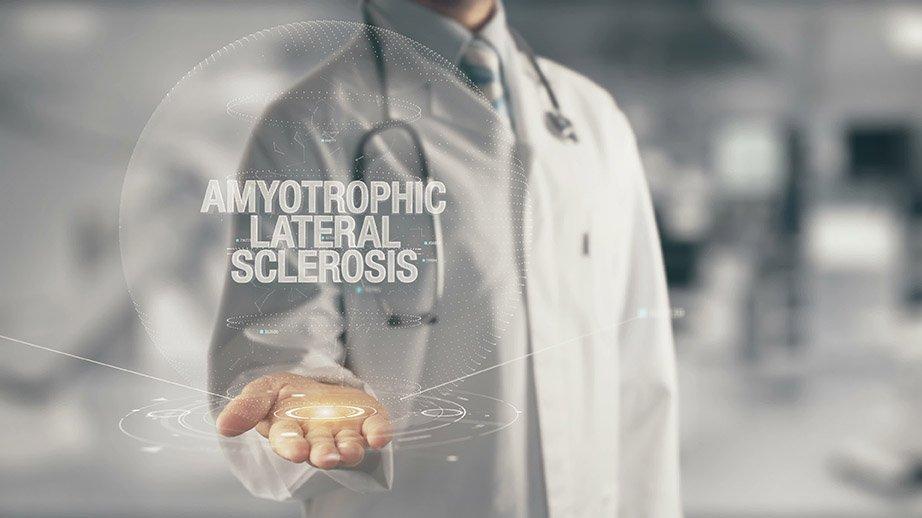How Can Having ALS Affect Incontinence and What Are the Treatment Options?

ALS (amyotrophic lateral sclerosis), also called Lou Gehrig’s disease is a condition in which motor neurons in the brain and spinal cord start to die. So, how can having ALS affect incontinence?
As the motor neurons die, signals that direct things like movement and bladder control no longer communicate. In this instance the condition is called neurogenic bladder.
Neurogenic bladder
Neurogenic bladder is the term used for nerve damage that leads to loss of bladder control. ALS, Parkinson’s disease and stroke are common causes of neurogenic bladder. In a healthy urinary system several muscles and nerves work together to control urine. Damage or obstruction to any part of the system can lead to the involuntary release of urine or incontinence. The bladder may be:
Flaccid – Urine dribbles out as the bladder overflows. The bladder does not contract.
Spastic – The need to urinate feels urgent even when the bladder is not full. The bladder contracts involuntarily.
Mixed – Combination of flaccid and mixed syndromes
Treatment options
Your risk of infection increases when urine is held too long in the bladder. Scheduled voiding can help. Go to the toilet every 2 to 4 hours whether you feel like you have to go or not. Some men have been able to start the flow of urine by pressing on their lower abdomen or running water.
Delayed voiding and quick squeezes can help retrain your bladder if involuntary contractions lead to accidents. With delayed voiding you gradually increase the wait time before going to the toilet after you feel the urge. In time, your bladder is less likely to release immediately following the urge. With the quick flexes you apply gentle pressure by squeezing the muscles in your pelvis to reduce the urge.
Lifestyle changes can also help. Avoid bladder irritating foods such as carbonated drinks citrus, spicy foods and caffeine. Lose weight if you are above your healthy weight.
Medication
Talk with your healthcare provider about drug options for managing incontinence. One option is Botox to relax overactive muscles. You will need to work closely with your doctor to monitor any side effects of medication.
Neuromodulation therapy
Your healthcare provider uses wires or needles to stimulate electrical impulses that help you control your bladder.
Artificial sphincter
The artificial sphincter helps you regain control when your own sphincter is not working properly. It is inserted around the urethra and controlled by a pump which releases the flow of urine.
Catheters
Men’s Liberty is unique among catheters. Our external collection system is discreet, safe and easy to use. Apply after your shower and enjoy up to 24 hours of protection you can count on. Men’s Liberty has coverage by more than 3,000 insurance plans. Call today to see if you qualify for little or no out of pocket cost. We handle all the paperwork, claims and will bill your insurance or Medicare provider. ALS can affect incontinence, but don’t let it affect your life!
